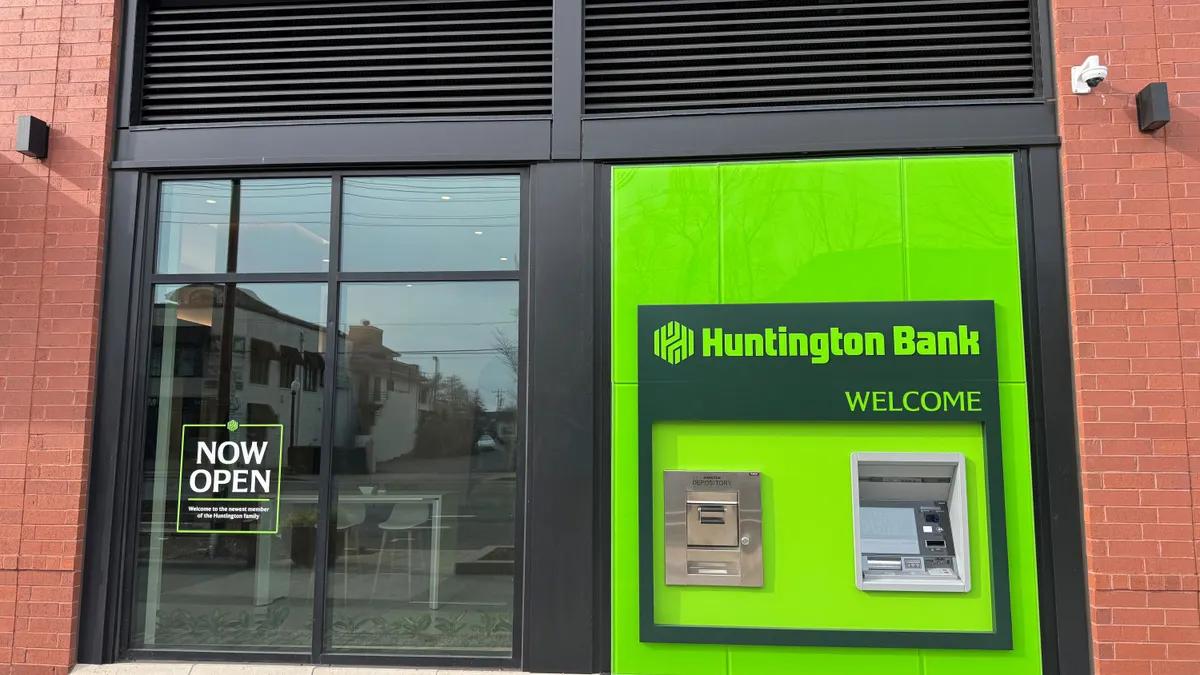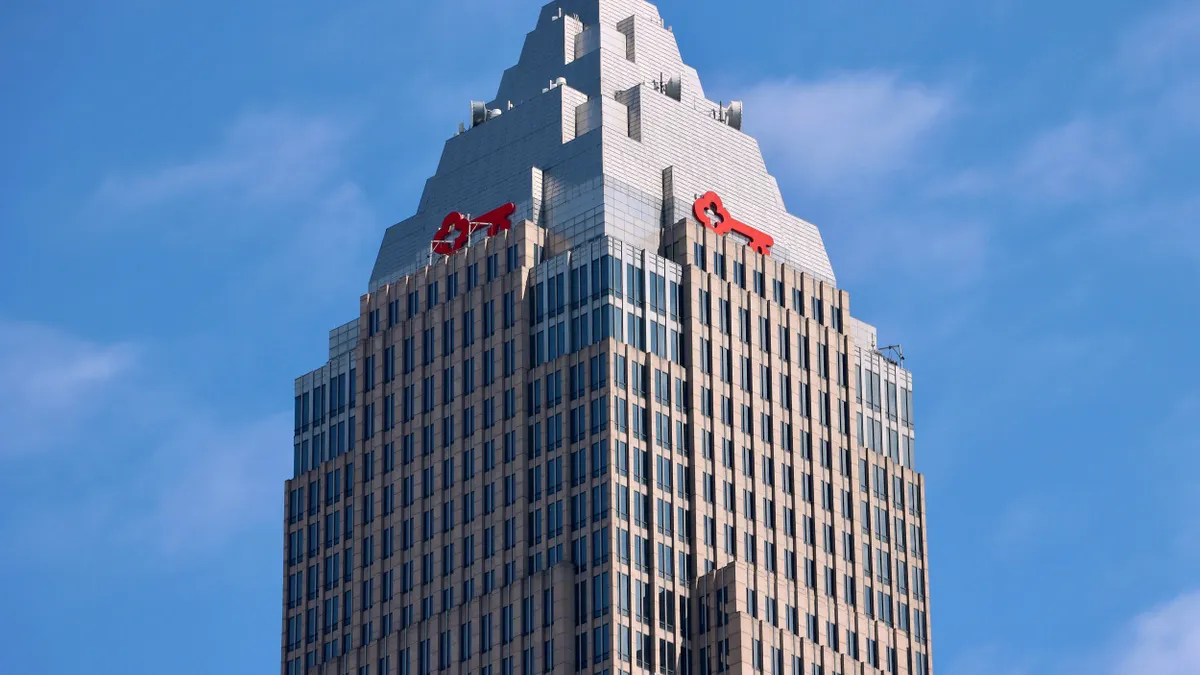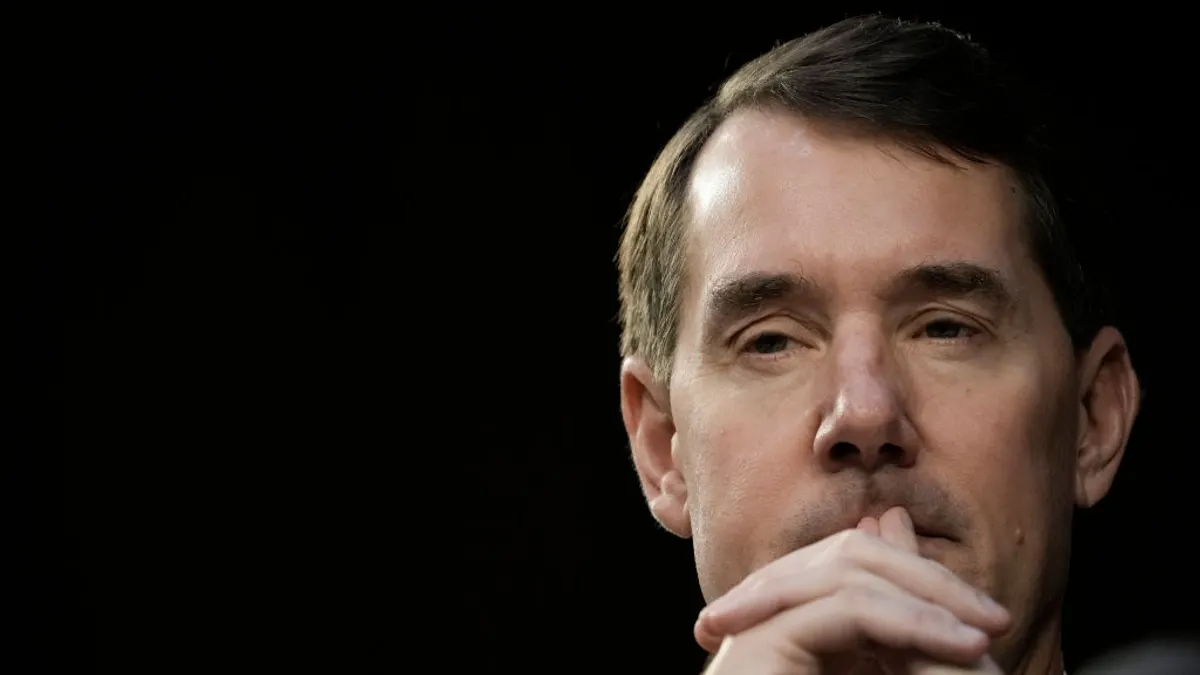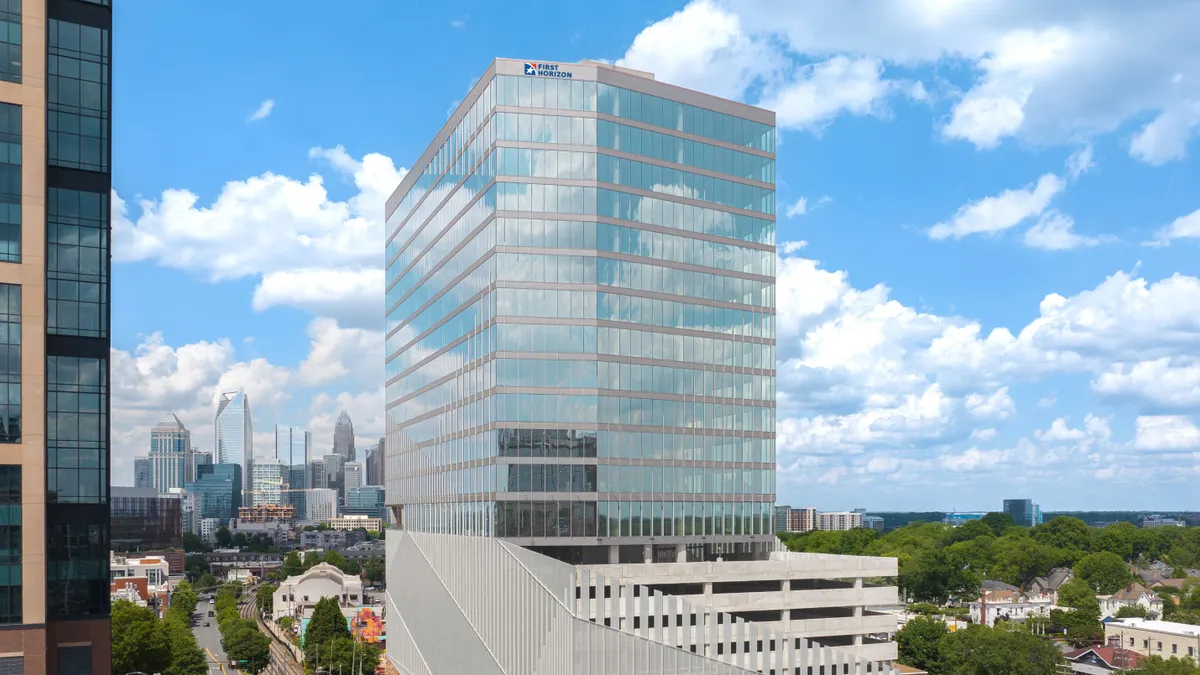Community banking veteran Ken LaRoe has pursued the goal of offering banking services that support sustainable business practices for the past 12 years.
His latest venture, Climate First Bank, which officially opened in June, is an environmentally focused de novo based in St. Petersburg, Florida.
The climate-focused community bank’s mission is resonating with the Central Florida community. Climate First opened with more than $30 million in investor funding, almost double the $17 million capital goal the bank set out to achieve last year.
Balancing the bank’s environmental, social and governance (ESG) mission with the pursuit of profit, however, can present unique challenges for the startup bank.
"This whole thing is super hard, because you're two businesses at once. You're running a for-profit and nonprofit at the same time," said LaRoe, who launched Florida Choice Bank in 1999, and his first climate-focused venture, First Green Bank, in 2009. He sold the former in 2006 and the latter 12 years later. "I used to say there was no conflict, but there's total conflict all the time between the two."
LaRoe said the conflict between fulfilling the bank’s mission while making profitable business decisions can come from a variety of areas.
"Whether it's one of my co-workers who is in disagreement about a loan we're going to make because they don't think its values align, to maybe an investor that thinks we're doing too much in the ESG space and it's impairing our profit — that's just two extreme examples," he said. "But then there's all the little stuff in the middle."
The bank’s challenges range from choosing the right firm for its 401(k) benefits, to selecting its office supplies.
"We charged [a firm] with only presenting ESG fund options and they came back and said, ‘We don't have any,'" LaRoe said. "The same situation comes up when we want to buy life insurance. We tell our agent we will only go with a company that is ESG-centric, and there are none. ... What paper do you use to print stuff on? Go try to buy 100% recycled paper. You can't."
The hurdles of carrying out the bank’s climate-focused mission in all areas of the business is one LaRoe has been familiar with from the start.
Back in October 2020, before the bank officially launched, he told Banking Dive he knew the bank would have to fund loans that didn’t have ESG ties to stay in business.
"Central Florida, generally, couldn’t care less about anything climate or environment-related," LaRoe said last year. "If we only did environmental projects in Central Florida, we'd be broke in a week because there's just not enough concern or uptake."
The challenge of balancing profit with the bank’s mission is one reason LaRoe sees the value in forming partnerships with other entities which have similar goals.
Earlier this year, the bank announced plans to enter into a banking-as-a-service (BaaS) partnership with neobank Atmos Financial, a fintech that harbors a similar mission to Climate First.
"We want to fund climate-positive infrastructure like renewable energy, electrification of our homes and our vehicles and regenerative agriculture," Ravi Mikkelsen, a co-founder at Atmos, told Banking Dive in May.
The deal will help Atmos link up with a bank whose mission aligns with the fintech’s, and provide an additional source of deposits for Climate First.
But the two firms also see the partnership as a source for information sharing for new and upcoming projects.
Climate First launched its rooftop solar lending program this year — an area Atmos is also eyeing. Atmos also wants to add direct lending and commercial accounts to its platform.
"We're going to hopefully hit the ground running on our solar program and can provide data and feedback to Ravi and [Atmos co-founder Peter Hellwig] pretty quickly," LaRoe said in May.
Startups' pockets
LaRoe’s interest in connecting with other mission-focused banks is what helped him get in touch with Lauren Sparks, CEO of Houston-based de novo Agility Bank.
Sparks formed the women-owned digital community bank last year, with the goal of providing bank accounts and loans to women and nonwhite-owned businesses.
The de novo, which is in the midst of a $30 million capital raise ahead of a planned first-quarter launch, received conditional approval from the Office of the Comptroller of the Currency (OCC) and the Federal Deposit Insurance Corp. (FDIC) last year.
Sparks, like LaRoe, said she has also encountered the unique challenges facing mission-based banks.
"This is profit with a purpose. We're going to run a profitable organization. We're going to be good so we can do good," she said. "Everybody thinks banks have these incredibly deep pockets, but for a startup, or new business, we don't. It's hard for people to get their heads around a profit-for-purpose, mission-based bank."
LaRoe and Sparks have agreed to share information and best practices as the two navigate the de novo space as mission-based firms.
"I'm excited about the ability to learn from Ken. He's done this a few times before. This is my first bank, and I know I'm gonna be learning from him but also learning from their mission," said Sparks, who has a background managing risk and regulatory compliance for community banks. "That’s information that we can also share with our clients. ... It's all about being a resource for clients."
The two CEOs said they have also discussed the possibility of future collaborations, such as partnering on loans and sharing marketing and educational efforts.




















